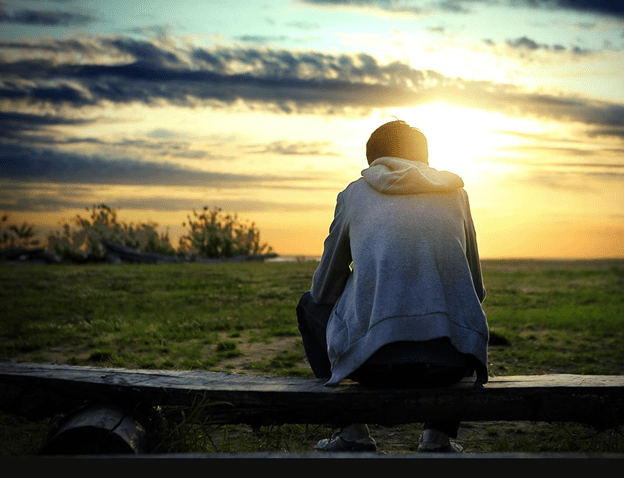
Thank you! Over 700 people completed the survey between March and April 2021!
King County is acting on your input to develop new programs to increase access to mental health and substance use services in rural communities. We will convene community sessions this fall to share what we learned. New services and programs will launch in 2022. Stay tuned to the Department of Local Services newsletter for updates.
When we asked for your feedback, we promised to share a summary of what we heard. Here’s what you, your neighbors and your community had to say about wellness in your area.
Community members asked for King County to:
Make Services Accessible
- Services close to where you live.
- Appointment times in evenings and weekends.
- Telehealth AND in-person services to both be available.
- Desired service locations: doctor’s offices, community centers, schools (for adults as well as youth), libraries, and other local places with privacy that people already know about.
Make More Services Available
- Tell community members and local service providers about current mental health, substance use, crisis, and overall wellness services. (Make it clear who is eligible and how to access services.)
- Increase prevention and early intervention services for youth and young adults.
- Encourage a collaborative approach between service providers by promoting joint partnerships when King County makes funding decisions.
- Mobile services to reach people without easy access to services. Or for people not interested in traditional mental health and/or substance use services.
Make Services that People Want to Use
- Community-wide activities and events to help people reconnect post-COVID.
- Overall wellness options (i.e. walking groups, gardening groups, free youth after school activities, etc.).
- Education to reduce stigma around mental health and substance use conditions, and to help people support their loved ones and community members.
- Support non-traditional culturally relevant wellness activities identified and led by culturally specific community groups.
- Services available at community locations that don’t “out” you by clearly indicating that you’re there for mental health and/or substance use support.
Thanks again to the 700+ who responded!
Stay tuned for next steps in DLS monthly news for putting your Input into Action!
You must be logged in to post a comment.